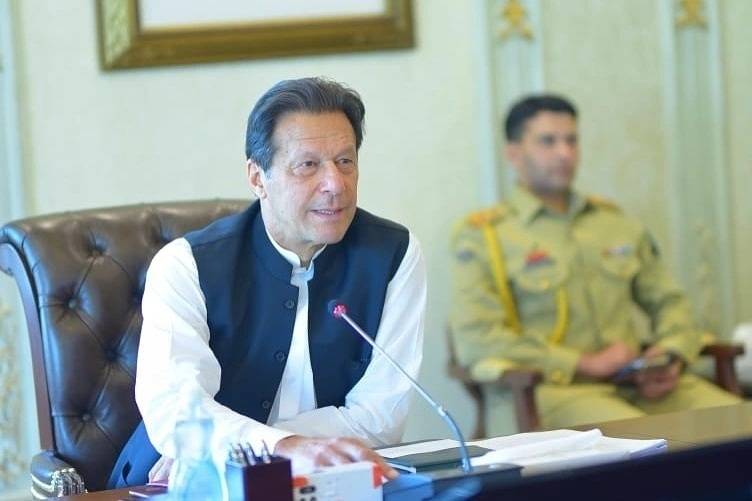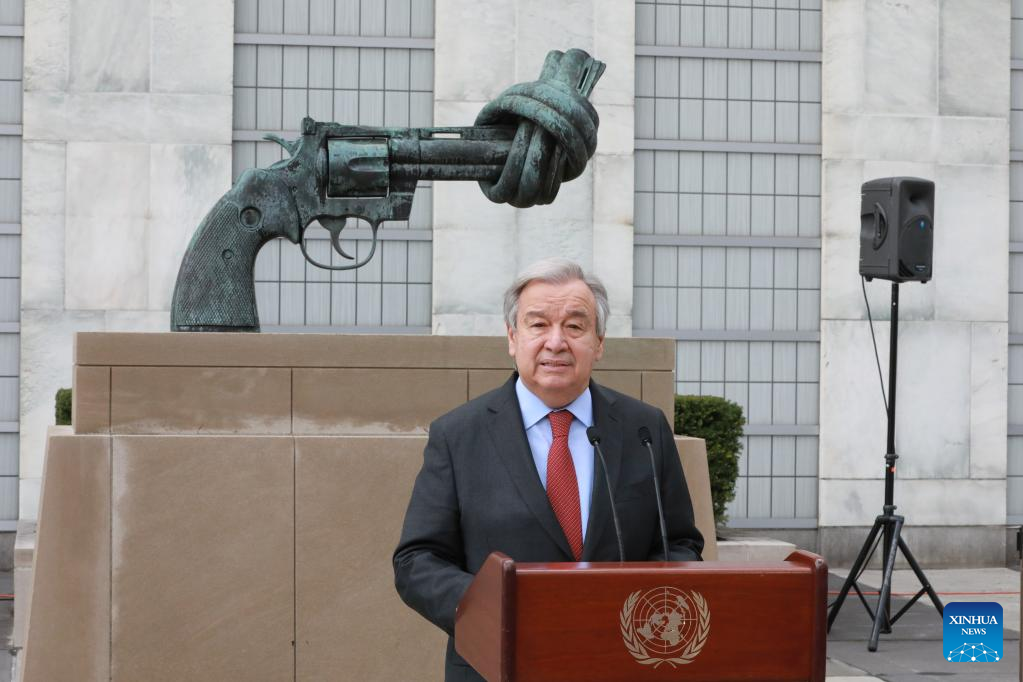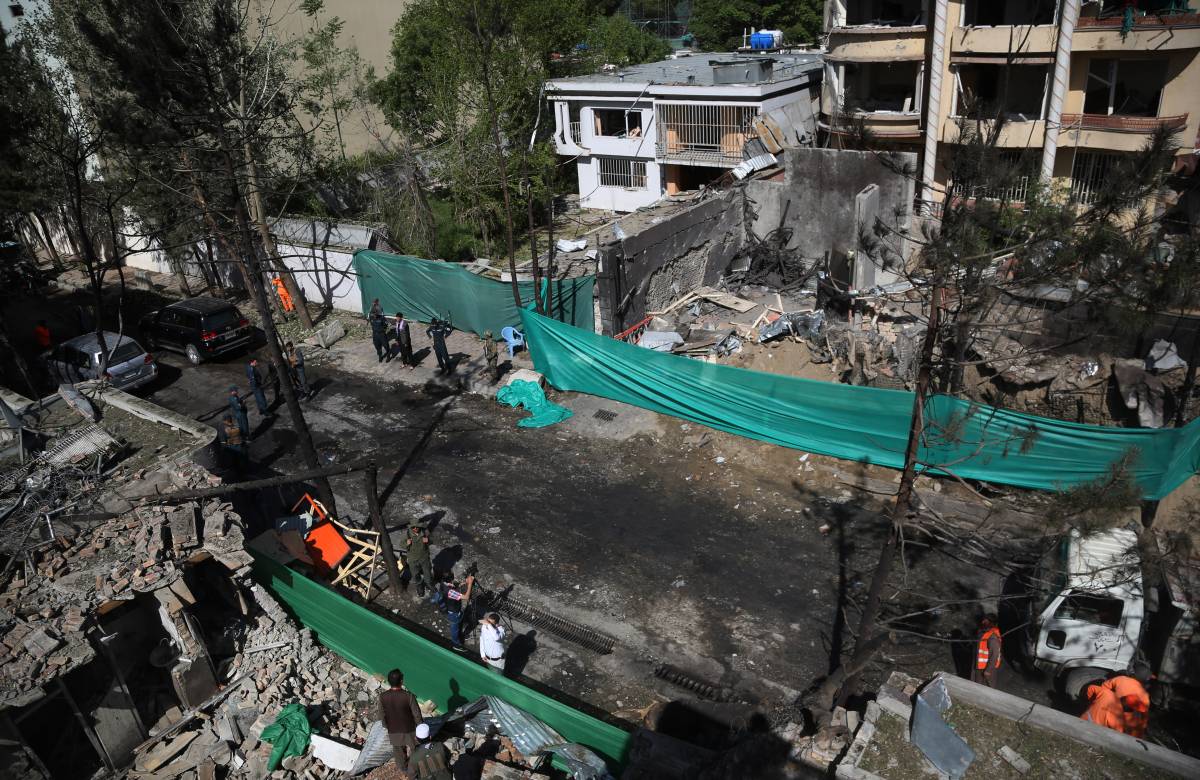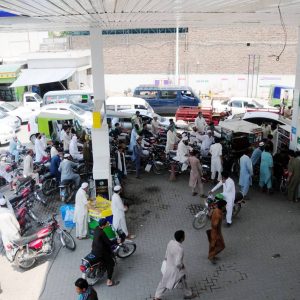In the end, however, all this did not help. Back on the table, the usual issues – inflation, unemployment, food security, corruption and so on prevailed….writes Aditi Bhaduri
When Imran Khan had to unceremoniously give up the office of Prime Minister, he left behind a troubled legacy. Pakistan’s economy was in shambles and the relations with several key foreign powers in free fall.
However, in one area where he tasted some success was in forming an “Islamic alliance” with pal Recep Tayyip Erdogan of Turkey and Mahathir Mohammed of Malaysia, and in crying himself hoarse about ‘Islamophobia’, instigating an almost riot like situation near the French Embassy after caricatures of prophet Mohammed were published in France. He feverishly tried to internationalise the Kashmir issue, taking it after decades to the UN Security Council where nothing came of it. And he managed to get the UN to adopt a resolution to mark an international day for combating Islamophobia.
Under Imran Khan’s watch the Tehreek-e-Labbaik Pakistan (TLP) strengthened its position in Pakistan, while Khan himself became an unofficial spokesperson for the Afghan Taliban on the international arena. He also called Osama bin Laden “martyr”, and instead of directing Pakistan to become a modern society, he invoked the concept of “Riyasat I Medina”. Scholars and writer Farahnaz Ispahani writes, “…Khan’s reputation as a Westernised former cricketer and playboy sometimes misleads foreigners into assuming that he might represent a liberal vision for Pakistan. In fact, Khan and his PTI represent Pakistan’s further descent into obscurantism and unabashed bigotry.”
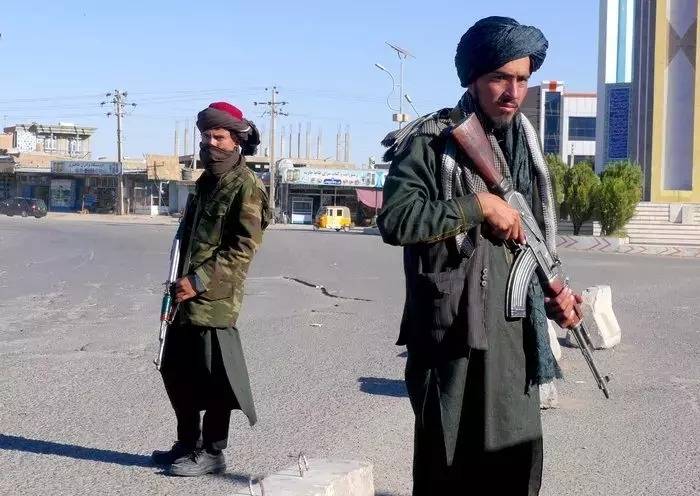
In the end, however, all this did not help. Back on the table, the usual issues – inflation, unemployment, food security, corruption and so on prevailed.
Which poses the question – is Islamism losing ground, at least in Muslim majority countries?
Let’s rewind to 2019. On December 18-21, 2019 the Malaysian capital Kuala Lumpur hosted an Islamic summit, in spite of the fact that the Organisation of Islamic conference routinely holds summits to discuss issues pertaining to the Muslim world. In the words of former Malaysian Prime Minister Mahathir bin Mohammad, “The five countries (Indonesia, Malaysia, Pakistan, Iran and Turkey) will be pioneering the beginning of broader Islamic cooperation that includes several fields facing the Islamic world.”
The idea for the summit was floated earlier in Ankara when Mahathir was on an official visit to Turkey. After discussions with Erdogan, both leaders announced the summit at a joint press conference. On his part, Erdogan said that solidarity between Turkey, Malaysia and Pakistan was necessary for the unity of the Islamic world. Mahathir echoed the statement saying: “Cooperation between Malaysia and Turkey will help to relieve the Muslim Ummah from being @subjugated by others.” In other words, Malaysia, Pakistan, and Turkey were to fashion the ummah and Muslim solidarity anew.
Like Khan, both Mahathir and Erdogan have presided over the growing Islamisation in their countries. Under Mahathir’s watch, the new state institutions proliferated in Malaysia, such as the Institute of Islamic Understanding and the International Islamic University of Malaysia. Primary and secondary education curricula were revised to include more material on Islamic civilisation, and Malaysia passed legislation to reflect this change by implementing Shariah law, especially in divorce and religious conversion cases. Zakir Naik, an Islamist rabble rouser found refuge there, and Malaysia refused to extradite him to India.

Similarly, Erdogan did away with family planning in Turkey, extolled motherhood, condemned feminists, saying men and women cannot be treated equally, introduced educational reforms that banned Darwin’s Theory of Evolution from curricula, while incorporating Islamic teachings in the syllabi. He even went a step further to support in different ways Islamist ideologues in other countries, especially Arab ones, which put him at loggerheads with the rulers and governments in those countries.
Alas, things didn’t turn out the way they were meant to be. In Malaysia in spite of the growing religiosity, together with a political crisis and bad economics, Mahathir resigned soon after the Islamic summit. Similarly, in Turkey, thanks to the disastrous economic policies, Erdogan and his AKP Party is on shaky ground, having lost their bases in the two largest cities – Ankara and Istanbul. Future projections point to an electoral defeat for Erdogan and his party in the upcoming parliamentary elections in 2023. Clearly, an Islamist agenda has not worked.
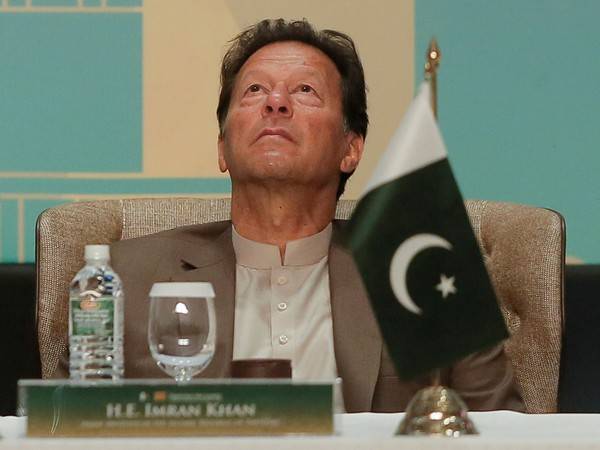
A similar trend is visible in the Arab world too.
In Tunisia, where the Arab spring began in 2010, President Kais Saied dissolved the Tunisian government and the Assembly of People’s Representatives in July 2021 last year in what is widely perceived as a move to tackle corruption and general dissatisfaction of the people with political elites, many of whom were allied to the Islamist Ennahada party and to the Muslim Brotherhood. A poll conducted in August-September 2021 found that the majority of Tunisians backed the president’s action, considering his actions necessary to remove a corrupt and unpopular political elite after years of economic stagnation. This is also seen as a vote against the Islamists in power. A constitutional referendum is due to take place in July 2022.
Finally, Moroccans threw out the ruling Islamic Justice and Development Party in parliamentary elections in mid-September 2021. The party lost 113 out of 125 seats that it had won in the last election in 2016, heralding a big triumph against political Islam.
Of course, much earlier in 2014, Egypt had outlawed the Muslim Brotherhood and removed from power, Mohamed Morsi who had taken charge as President following the Arab Spring.
In Pakistan, it is still too early to say that Imran Khan’s exit from government marks the end of Islamists in decision making in Pakistan. The country is too tightly in the clutches of different radical groups. The current coalition of Shehbaz Sharif includes the Islamist Muttahida Majlis-e-Amal (MMA).
Nevertheless, what the trend shows is that economics trumps Islamist policies; at the very least they are not a substitute for stable governance and a stable economy. So, while identity politics may be growing amongst Muslims in countries where they are a minority, or while the Taliban may still be comfortably lodged in Kabul, in more developed Muslim societies, Islamists appear to be beating a retreat.
(The content is being carried under an arrangement with indianarrative.com)


